This means that only 3.9 million Ghanaians have access to drinking water from an improved water source that is located on premises, available when needed and free from faecal and priority chemical contamination – the standard SDG requirement.
$11.3bn investment need in 8 years
To address the situation and meet the water SDG, Ghana will have to invest over $11.3 billion ($11,352 million) from this year to 2030.
$946m each year
This means that each year, Ghana has to invest $946 million between 2018 and 2025.
Analysis of data from the Joint Monitoring Programme (JMP) for Water Supply and Sanitation by the World Health Organisation (WHO) and United Nation’s Children Fund (UNICEF), reflected in the 2017 Ghana Sector Review by Safe Water Network, paints a disturbing picture.
The JMP has been monitoring global progress since 1990 and is responsible for reporting on Sustainable Development Goal (SDG) targets and indicators related to WASH.
Current $114m annual investment inadequate
With current sector funding at $114 million a year, this leaves a significant funding gap to achieve universal access.
Basic coverage short of SDG benchmarks
To provide basic coverage for all by 2025 short of SDG requirements, as outlined in Ghana’s Water Sector Strategic Development Plan (2012-2025), requires a capital investment of $327 million a year between now and 2025.
This will translate into $2.6 billion ($2, 616million), covering 2018 to 2025.
Safely managed water – 7.3m (7,363,645) population
The data reveals that over 7.3m (7,363,645) Ghanaians get their drinking water from an improved water source that is located on premises, available when needed and free from faecal and priority chemical contamination.
Basic water – 13.9m (13,961,060) population
In the same vein, 13.9m (13,961,060) Ghanaians receive drinking water from an improved source, where provided collection time is not more than 30 minutes for a round trip, including queuing.
Limited water – 2.9m (2, 921,704) population
According to the analysis, 2.9m (2,921,704) people in Ghana depend on drinking water from an improved source, for which collection time exceeds 30 minutes for a round trip, including queuing.
Unimproved – 1.4m (1,443,469) population
The compiled data shows that 1.4m (1,443,469) Ghanaians get their drinking water from an unprotected dug well or unprotected spring.
Surface water – 1.7m (1, 720, 014) population
Ghanaians who get their drinking water directly from a river, dam, lake, pond, stream, canal or irrigation canal are 1.7m (1,720,014) in number.
GWCL begins rationing water
The Ghana Water Company Limited (GWCL) has begun rationing water in most parts of the country as a result of the dry season, environmental degradation and pollution of water bodies by illegal miners.
Those activities, the company said, had derailed its efforts at extracting enough water for treatment, accounting for the inadequate supply of water to consumers.
With the exception of the Eastern and Ashanti regions, all the regions have been affected by the rationing, with the Western Region being the worst affected.
The GWCL advised the public to immediately report all burst pipes and leakages to the nearest GWCL district offices, customer service centres, fault offices or via the GWCL customer application.
Oil companies in Ghana import water from Ivory Coast
International oil companies in the Jubilee field have resorted to importing potable water from Cote d’Ivoire and Benin due to the inability of the Ghana Water Company (GWC) in the Western Region to meet water supply demands.
The GWC has said its inability to supply adequate water to communities in its catchment area is due partly to the activities of galamsey operators.
Water: 23.1m below SDG standards
- Posted on
- Comment
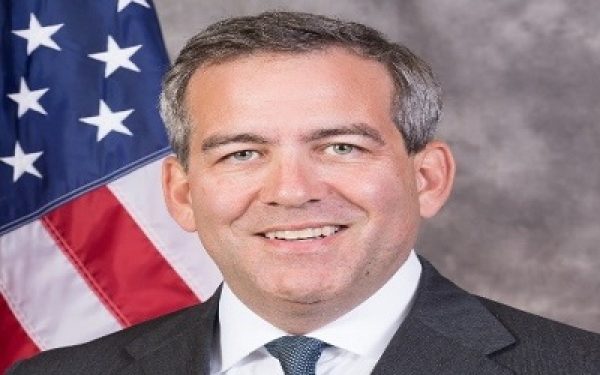 -Ghana needs to invest $11.3bn in 8 years to close deficit
-Ghana needs to invest $11.3bn in 8 years to close deficit
A total of 23.1 million Ghanaians, representing 73% of the 27 million population, are using water that does not meet the benchmark of Sustainable Development Goal (SDG) requirements of at-home availability, reliable, and contaminant-free drinking water.
By Elvis DARKO, Accra
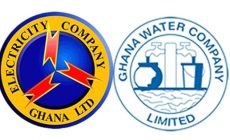
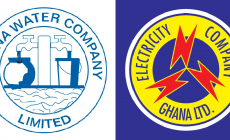
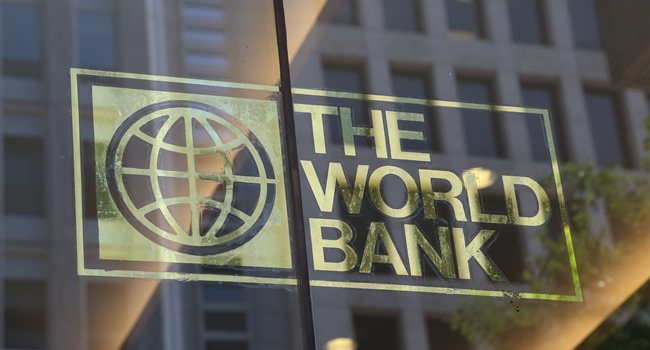
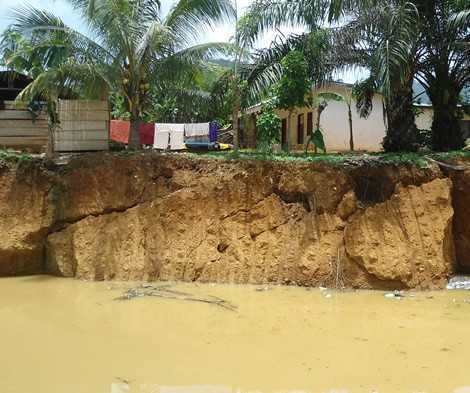






 (Selorm) |
(Selorm) |  (Nana Kwesi)
(Nana Kwesi)